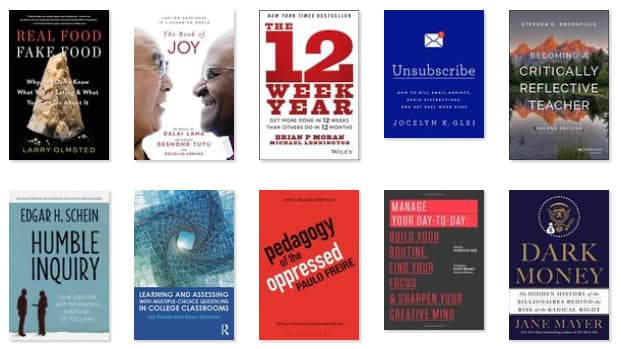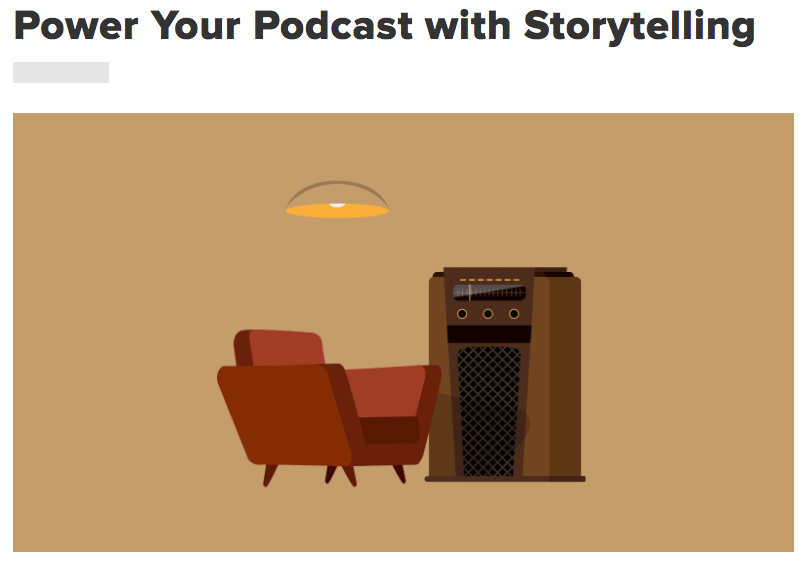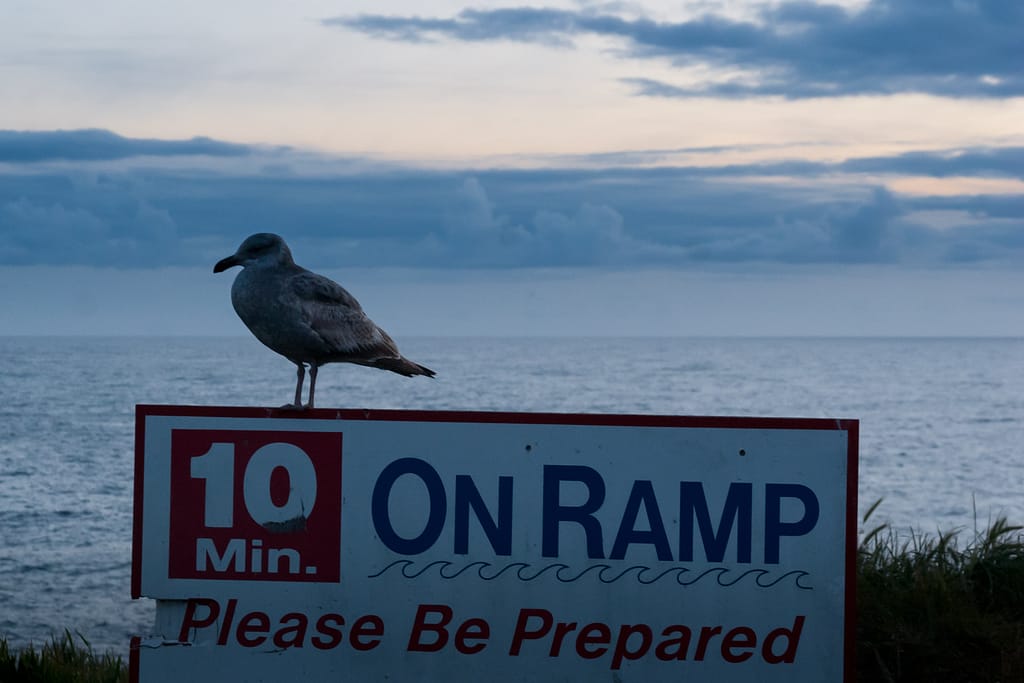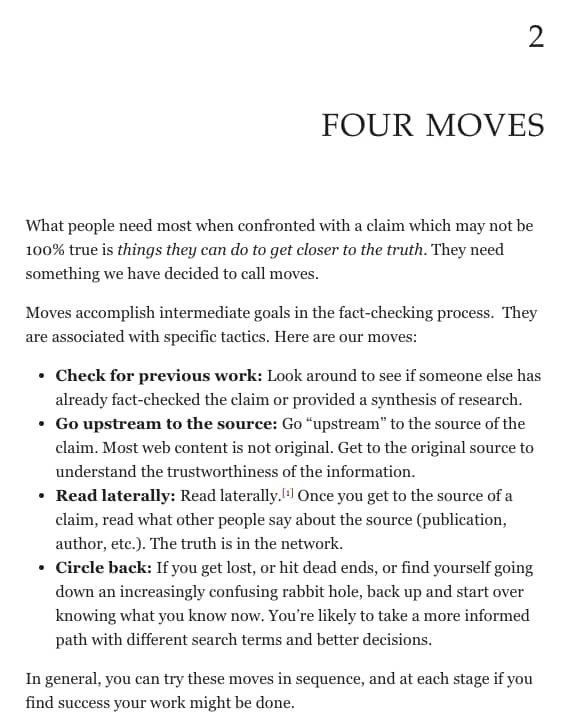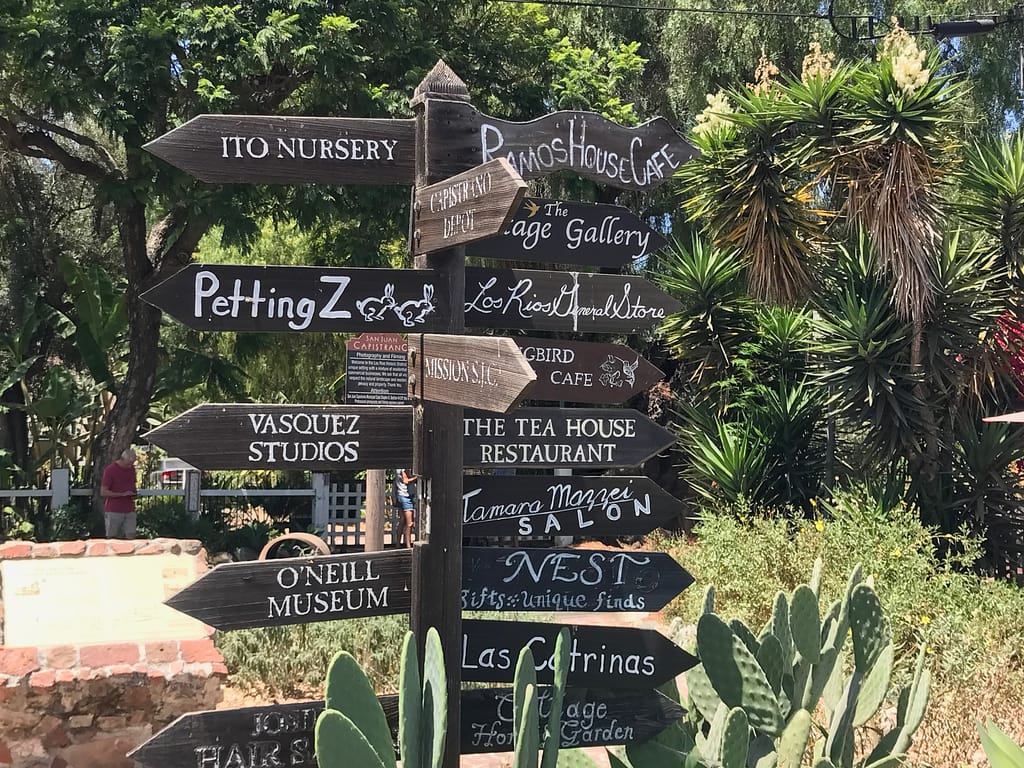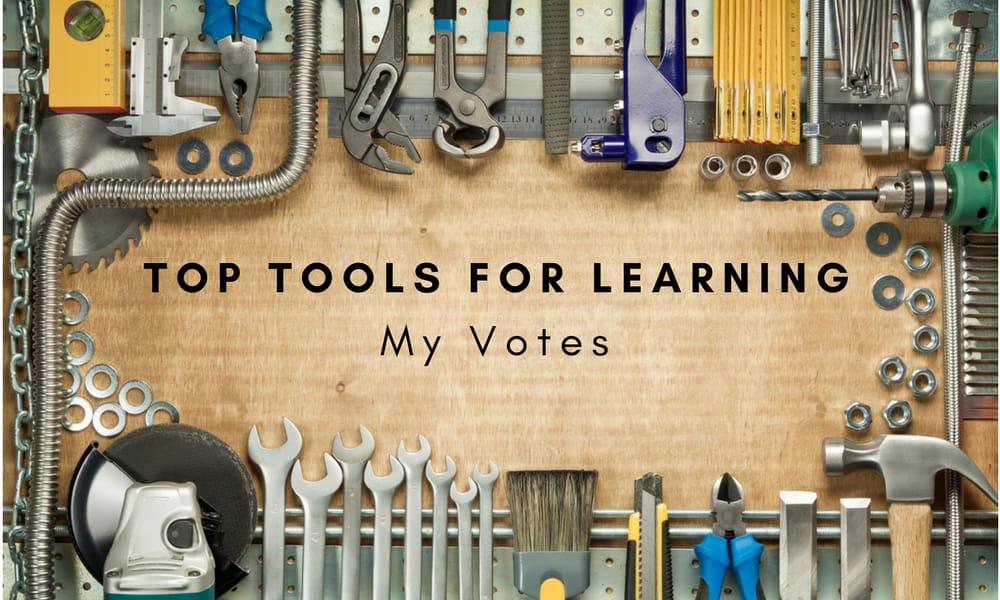
As I round out the year in Teaching in Higher Ed podcasting, I am excited to share a few more conversations with you in the coming weeks. The podcast has aired every single week since June of 2014. It invigorates me to consider that in April of 2018, I will air the 200th episode of Teaching in Higher Ed.
The next few weeks have some serious sources of inspiration for me. Robin DeRosa and I talk about open education on episode 183. Pooja Agarwal comes back on the show to share retrieval practice research on episode 184. Finally, we look toward a new year with another visit with Christian Friedrich. He and I talk about privacy and safety in online learning on episode 185, the last week in December.
I am grateful to each of the guests who came on the podcast in 2017 and shared their expertise. If you have yet to visit the episodes page and browse through the taxonomy, it can be a helpful way to revisit older episodes that best meet your needs.
Top 13 Teaching in Higher Ed Podcast Episodes in 2017
Below are the top thirteen downloaded episodes of 2017:
- e137 – Teaching Naked Techniques with C. Edward Watson
- e159 – Dynamic Lecturing with Todd Zakrajsek
- e135 – The Spark of Learning with Sarah Rose Cavanagh
- e140 – Thinking Outside the LMS with Steven Michels
- e142 – Rethinking Assessment (and other reflections on the Lilly Conference) with Bonni and Dave Stachowiak
- e141 – The Danger of Silence with Clint Smith
- e164 – Setting Students Up for Success from the Start with Joe Hoyle
- e134 – Teaching Creativity with Hoda Mostafa
- e144 – Digital Literacy – Then and Now with Bryan Alexander
- e147 – Racial Identity in the Classroom with Stephen Brookfield
- e146 – Motivation in the Classroom with James Lang and Ken Bain
- e136 – Teaching Naked Techniques with Jose Bowen
- e138 – Yes, Digital Literacy, But Which One with Michael Caulfield
I was probably most challenged by the conversations about race that I had with Clint Smith and Stephen Brookfield. Mike Caulfield inspired me to continue to work to improve my own digital literacy and made me laugh harder than any other guest in 2017 (which is saying a lot).
I aspire to identify even more puzzles for my students to explore, through the modeling provided by Joe Hoyle. James Lang helped me try out a new format for the show. He took over the interviewing role and asked Ken Bain questions throughout the episode, while I sat back and enjoyed listening intently. Each one of these individuals have shaped my teaching in profound ways.
Top 13 Recommended Resources
Some of you have used the referral links I provide in the show notes to the books and other resources recommended by guests. Below are some of the most-purchased items from our Amazon affiliate links in 2017:
- Small Teaching: Everyday Lessons from the Science of Learning, by James Lang
- Doodling for Academics: A Coloring and Activity Book (Chicago Guides to Academic Life), by Julie Schumacher and Lauren Nassef
- Slide:logy: The Art and Science of Creating Great Presentations, by Nancy Duarte
- Getting Things Done: The Art of Stress-Free Productivity, by David Allen
- Teach Students How to Learn: Strategies You Can Incorporate Into Any Course to Improve Student Metacognition, Study Skills, and Motivation, by Saundra Nancy McGuire
- Teaching Naked Techniques: A Practical Guide to Designing Better Classes, by Jose Antonio Bowen and C. Edward Watson
- The New Education: How to Revolutionize the University to Prepare Students for a World In Flux, by Cathy N. Davidson
- The Teaching Portfolio: A Practical Guide to Improved Performance and Promotion/Tenure Decisions, by Peter Seldin, J. Elizabeth Miller, and Clement A. Seldin
- Make It Sick: The Science of Successful Learning, by Henry Roediger III and Mark McDaniel
- The New Science of Learning: How to Learn in Harmony with Your Brain, by Terry Doyle and Todd Zakrajsek
- What the Best College Teachers Do, by Ken Bain
- Spark: The Revolutionary New Science of Exercise and the Brain, by John J. Ratey
- There Is No Good Card for This: What To Say and Do When Life Is Scary, Awful, and Unfair to People You Love, by Kelsey Crowe and Emily McDowell
It may be worth noting that when you use an affiliate link, if you purchase other items during that visit to Amazon, we often receive some kind of commission. That must explain why the Audible recording of “The Subtle Art of Not Giving a F-ck” wound up showing up on our affiliates links. Someone will have to tell me more about this one at some point…
Many of you also continued to enjoy Julie Schumacher’s sense of humor. Her coloring book landed at #2 (Doodling for Academics), but her novel, Dear Committee Members, was very close to making it on the list, as well. If you haven’t read it yet; it is hysterical.
I suspect that I am not going to become a YouTube sensation. However, my How to Pencast video generated almost 800 views. I won't plan on living off my YouTube advertising fees anytime soon. First off, I don't show advertisements with my videos. Even if I did, I would be a long ways off from any serious income…
Your Turn
What has been a Teaching in Higher Ed podcast episode that has transformed your teaching in some way? What has been a favorite recommendation you heard about on Teaching in Higher Ed?
